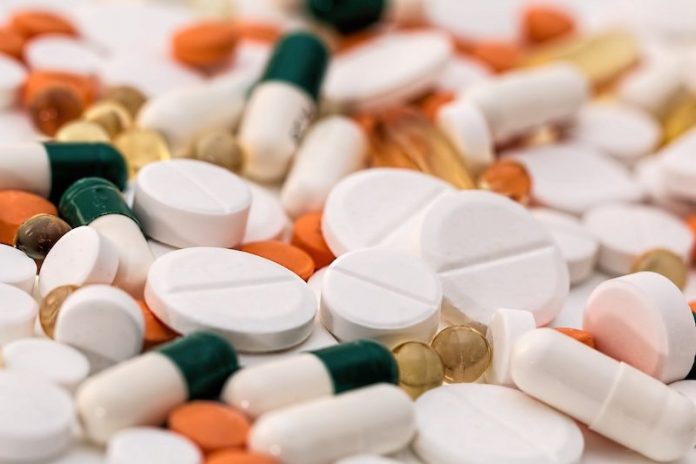
In a new study from the University of Alberta, researchers found common anti-inflammatory medications such as aspirin can help treat the most harmful outcomes of COVID-19.
Most people infected with SARS-CoV-2 recover without serious symptoms. However, some patients develop inflammation in the lungs, causing coughing and shortness of breath, and a few develop hyper inflammation that can lead to organ failure and death.
Men, people over the age of 60 and those with metabolic disorders such as obesity and diabetes are known to be more vulnerable to this hyperinflammation.
COVID-19 can interfere with their natural immune response, causing their bodies to produce more inflammatory molecules than anti-inflammatory molecules.
In the study, the team aimed to prevent the molecules that promote inflammation or increase the molecules that have an anti-inflammatory effect.
Rather than developing new compounds to treat COVID-19, which can be very costly, they repurposed existing drugs and use them to reduce or prevent the inflammation that is the cause of mortality.
The team warned in a previous paper that anti-inflammatory medicines are not recommended early in the course of a COVID-19 infection because they can interfere with the body’s ability to fight the virus, but they might be useful later if hyper inflammation takes over.
They pointed out that these drugs may have fewer side effects than other front-runner COVID-19 treatments such as remdesivir and dexamethasone.
Along with aspirin, the study lists five other drugs that might be repurposed: the cholesterol drug fenofibrate, the antifungal fluconazole, an antibacterial agent called isoniazid, the nutritional supplement resveratrol and 2-methoxyestradiol, an experimental drug that has been used to treat breast cancer, ovarian cancer and rheumatoid arthritis.
The researchers recommend that clinical trials be carried out to assess the impact of these drugs on COVID-19 inflammatory disease.
They would also like to see trials to deliver the drugs using nanoparticles that can be targeted within a patient’s body.
If you care about COVID treatments, please read studies about this depression drug may protect you from severe COVID-19 and findings of this common drug could cut COVID-19 death risk by nearly 50%.
For more information about COVID and your health, please see recent studies about this common drug may reduce your risk of COVID-19 infection and results showing that this anti-inflammatory drug could reduce COVID-19 death risk.
The study is published in Emergent Materials. One author of the study is Ayman El-Kadi.
Copyright © 2021 Knowridge Science Report. All rights reserved.



